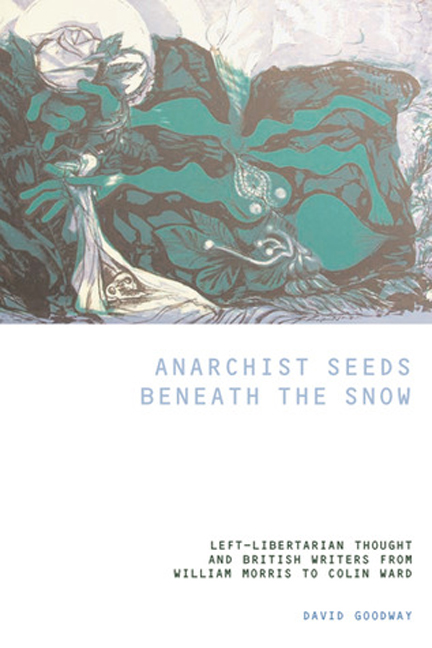 Anarchist Seeds Beneath the Snow
Anarchist Seeds Beneath the Snow Book contents
- Frontmatter
- Contents
- Dedication
- Acknowledgements
- Abbreviations
- 1 Introduction
- 2 Anarchism and libertarian socialism in Britain: William Morris and the background, 1880–1920
- 3 Edward Carpenter
- 4 Oscar Wilde
- 5 John Cowper Powys I: His life-philosophy and individualist anarchism
- 6 The Spanish Revolution and Civil War – and the case of George Orwell
- 7 John Cowper Powys II: The impact of Emma Goldman and Spain
- 8 Herbert Read
- 9 War and pacifism
- 10 Aldous Huxley
- 11 Alex Comfort
- 12 Nuclear disarmament, the New Left – and the case of E.P. Thompson
- 13 Christopher Pallis
- 14 Colin Ward
- 15 Conclusion
- Bibliography
- Index
6 - The Spanish Revolution and Civil War – and the case of George Orwell
- Frontmatter
- Contents
- Dedication
- Acknowledgements
- Abbreviations
- 1 Introduction
- 2 Anarchism and libertarian socialism in Britain: William Morris and the background, 1880–1920
- 3 Edward Carpenter
- 4 Oscar Wilde
- 5 John Cowper Powys I: His life-philosophy and individualist anarchism
- 6 The Spanish Revolution and Civil War – and the case of George Orwell
- 7 John Cowper Powys II: The impact of Emma Goldman and Spain
- 8 Herbert Read
- 9 War and pacifism
- 10 Aldous Huxley
- 11 Alex Comfort
- 12 Nuclear disarmament, the New Left – and the case of E.P. Thompson
- 13 Christopher Pallis
- 14 Colin Ward
- 15 Conclusion
- Bibliography
- Index
Summary
On the first day of 1936 Emma Goldman wrote to John Cowper Powys from London, having been given his address in North Wales by their mutual friend, Maurice Browne, the English founder of the important avant-garde Chicago Little Theatre. Goldman had been born in 1869 in Lithuania, and at the age of sixteen emigrated with a sister from St Petersburg to the USA. On her arrival three years later in New York she was converted to anarchism by the German Johann Most and met Alexander Berkman, a fellow Lithuanian Jew, who became first her lover and later her lifelong intimate. During the 1890s Goldman emerged as an outstanding anarchist agitator and propagandist; and by 1906, the year of Most's death, she and Berkman had become the central figures in American anarchism. The decade down to the First World War marks the apogee of her revolutionary career: she published the monthly Mother Earth, was involved in free-speech struggles from coast to coast, and played a prominent part in the birth-control campaign. Her impact was as much cultural as political, Van Wyck Brooks, the historian of American literature, considering: ‘No one did more to spread the new ideas of literary Europe that influenced so many young people…at least the ideas of the dramatists on the Continent and in England…’; and in 1914 she published The Social Significance of the Modern Drama, ‘the first book of the kind to appear in English’. In 1919, however, she was deported during the ‘Red Scare’ to Soviet Russia. Initially a supporter of the Bolshevik Revolution, she fast became a rebel in this second man-made ‘paradise’, escaping with Berkman after less than two years there to Western Europe. Thereafter she was ‘nowhere at home’, excluded from the USA (to which she persistently endeavoured to return – for that is where she was at home), Russia, and then the Netherlands (for speaking out against Nazi Germany). Although she lived for most of these years in France, she had acquired British citizenship in 1925 through a marriage of convenience to an anarchist coal-miner.
- Type
- Chapter
- Information
- Anarchist Seeds Beneath the SnowLeft-Libertarian Thought and British Writers from William Morris to Colin Ward, pp. 123 - 148Publisher: Liverpool University PressPrint publication year: 2006


